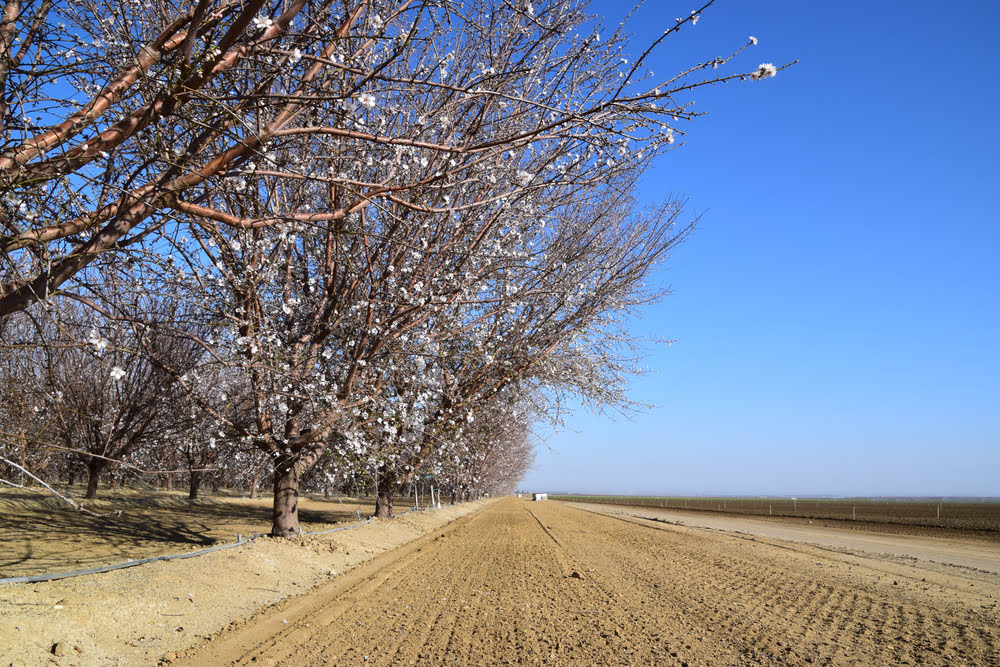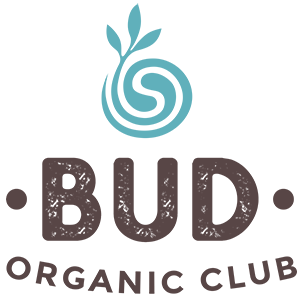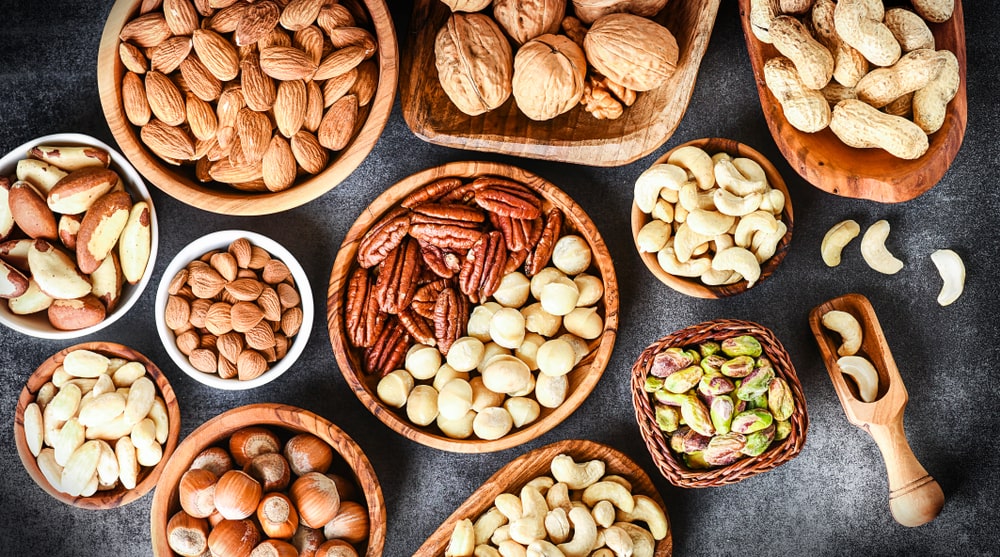Organic nuts have been eaten by man for thousands of years. In fact, evidence exists that demonstrates that nuts such as almonds, pistachios, water chestnuts and acorns were a major part of our ancestors’ diets nearly 780,000 years ago! But what makes a nut a nut? And why do some grow underground, while others grow on trees[1]?
What is a nut?
A true ‘nut’ is a dry hard fruit that contains a single seed and does not split open at maturity. Examples of this are hazelnuts, walnuts, pecans and acorns. But what about the rest? Peanuts are actually a legume (same family as beans and chickpeas), growing underground rather than in a tree[2], while almonds, cashews and brazil nuts are considered as “nut-like drupes” in the same family as peaches and mangoes! They differ slightly in that a different part of the fruit is eaten and the fleshy exterior of a mango is enjoyed, rather than the seed found inside it[3].
What makes an organic nut?
Regardless if it is a true ‘nut’ or not, how it is grown impacts the end product! Organic nuts are grown without the use of artificial fertilisers, pesticides and GMOs with a focus on soil and sustainability. To read more about the potential environmental benefits of organic through the food you eat, check out article on the Australian Organic website. The organic farm must also be inspected by an organic certification body which includes soil and water tests. In order to have the organic Bud logo, end products must be 95% or more certified organic produce with a strict allowed list that does not allow all those nasties that you can’t even pronounce on the ingredients list of non-organic foods!
Nuts are delicious not only to us humans, but also to a wide variety of pest animals and insects, especially in later stages of maturity. Pesticides have a wide range of potentially harmful health effects; the best way to avoid them is to buy certified organic products with the Bud logo! Organic farmers work with nature and encourage healthy ecosystems that take care of potential infestations through encouraging beneficial insects, birds, healthy soil and ground cover, providing you with a healthy and sustainable product all in one!
Did you know that around 80% of the world’s supply of almonds are grown in California[4]? Though buying locally is always encouraged, almonds are just one of the many nuts imported into Australia for consumers to have year-round access to all products. Organic certification is not just limited to the agricultural aspect, it also extends to the packaging, transport and import of the nuts. Due to biosecurity risks, grains, seeds and nuts imported from high-risk countries must be treated with methyl bromide or other stringent insecticides[5] to make sure new pests aren’t being introduced. Methyl bromide is a known carcinogen, neurotoxin, ozone depleting substance banned in many countries[6] and not something you want to potentially consume or have people exposed to!

Imported organic products are treated through non-toxic (but more expensive and time consuming) modified atmospheres[7], where products are exposed to high concentrations of carbon dioxide or nitrogen gas (and sometimes even changes in atmospheric pressure) to control any potential pests naturally.
Health Benefits of Organic Seeds and Nuts
We all know nuts are great for your health. These little powerhouses are not only delicious, they’re packed with protein, fibre, omega 6 and 3 fats, oleic acid, Vitamins E & A, calcium and potassium, magnesium and many other vitamins and minerals[8]. Weekly consumption of nuts lowers the risk of coronary heart disease[9], while the antioxidants and plant sterols and monounsaturated fats may help reduce “bad” LDL cholesterol[10]. It’s true that eating nuts can have huge health benefits, but if you’re choosing conventionally grown nuts you may also increase your pesticide exposure. This is especially true of peanuts where their soft permeable shell is particularly susceptible to contamination.
Conclusion
Whether you are using nuts for snacking, cooking, texture or in a delectable treat, think about what type of agriculture and processing you are supporting when buying your next nuts! Always look for the Bud logo to make sure your product is genuinely certified organic.
Organic Nuts Glossary
Carcinogen: Any substance, agent or organism with the potential to cause cancer.
GMOs: An animal, plant, or microbe whose DNA has been altered using genetic engineering techniques.
Neurotoxin: Synthetic or natural substances that may damage or impair the function of the central and/or peripheral nervous system.
Oleic Acid: A beneficial omega-9 fatty acid, commonly used for preventing heart disease and reducing cholesterol.
[1] Available at: https://www.abc.net.au/science/articles/2002/02/22/487332.htm.
[2] Available at: https://www.britannica.com/science/nut-plant-reproductive-body.
[3] Available at: https://www.mcgill.ca/oss/article/nutrition-did-you-know/cashews-and-almonds-arent-technically-nuts-so-what-are-they.
[4] Available at: https://www.almonds.com/sites/default/files/2016_almond_industry_factsheet.pdf.
[5] Available at: https://www.agriculture.gov.au/biosecurity-trade/pests-diseases-weeds/plant/khapra-beetle/high-risk-plant-products#methyl-bromide-fumigation.
[6] Available at: https://ehjournal.biomedcentral.com/articles/10.1186/1476-069X-11-5.
[7] Available at: https://www.agriculture.gov.au/biosecurity-trade/pests-diseases-weeds/plant/khapra-beetle/high-risk-plant-products#controlled-atmosphere-treatments-altered-pressure.
[8] Available at: https://www.betterhealth.vic.gov.au/health/healthyliving/nuts-and-seeds.
[9] Available at: https://www.jacc.org/doi/full/10.1016/j.jacc.2017.09.035.
[10] Available at: https://www.webmd.com/diet/health-benefits-pecans.

